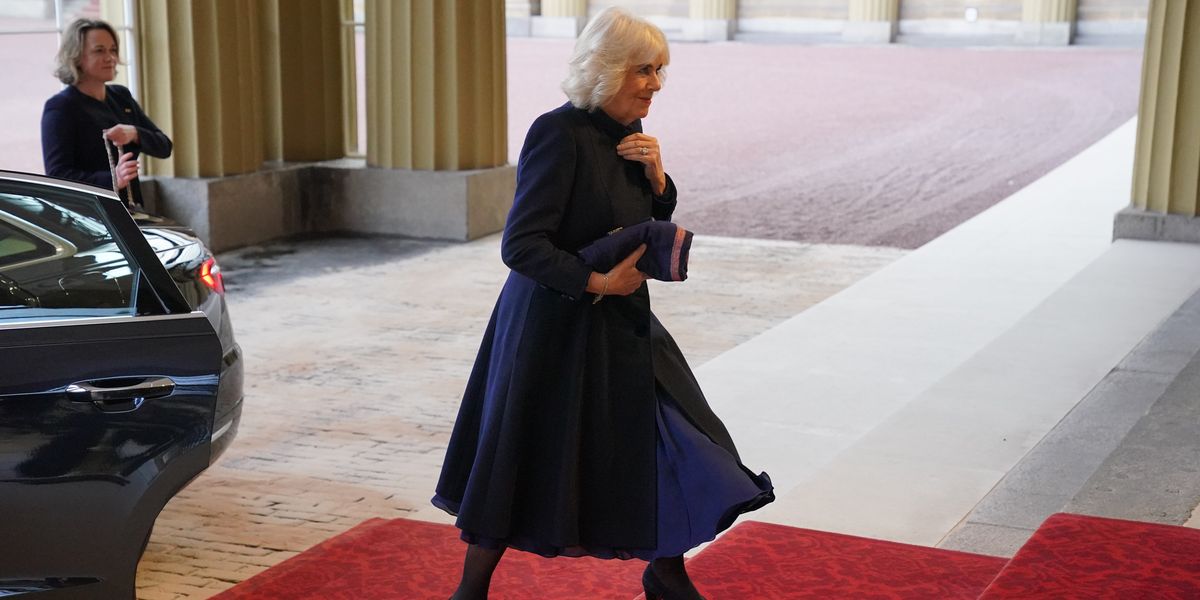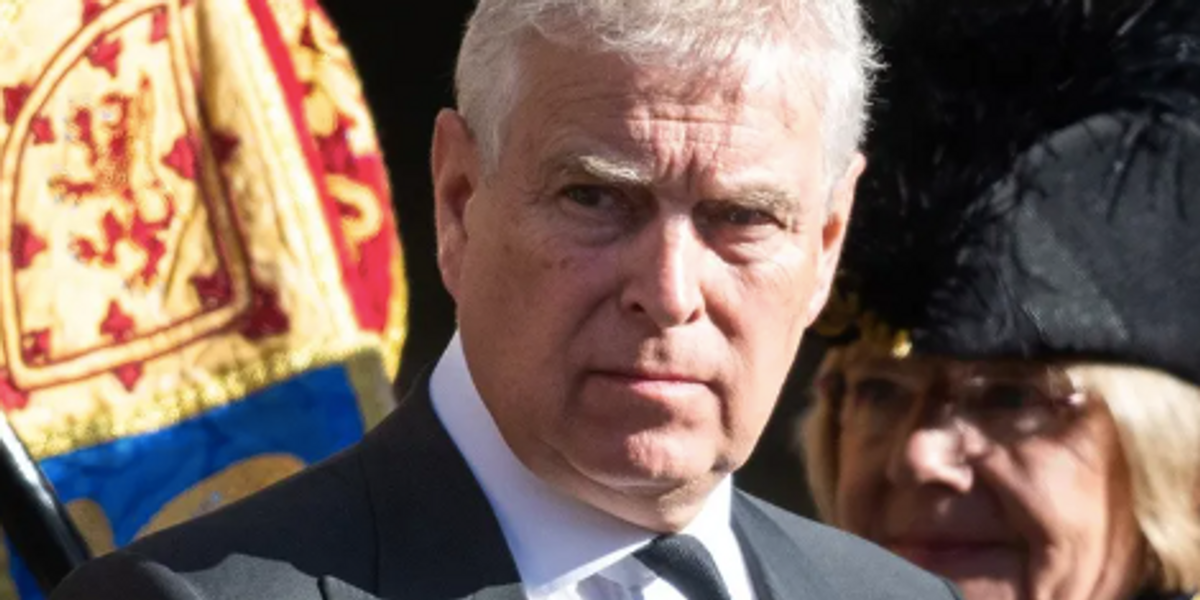Harry Potter star Ralph Fiennes has sparked a fierce debate amongst audiences after he claimed that film and theatregoers are turning “soft” because of trigger warnings.
Fiennes played the evil Lord Voldemort in the Harry Potter franchise and first appeared in 2005 during the fourth film in the series, Harry Potter and the Goblet of Fire.
Fiennes has been a much-loved actor over the years but recently left a lot of fans divided over his comments when it comes to trigger warnings.
When asked whether he thought that audiences had “gone soft”, Fiennes strongly agreed: “I think they have, yes.
“I think we didn’t used to have trigger warnings. I mean they’re very disturbing scenes in Macbeth, terrible murders and things.
“But I think the impact of theatre should be that you should be disturbed, I don’t think you should be prepared for these things. When I was young I never had these trigger warnings for shows.”
Fiennes played Lord Voldemort in the Harry Potter franchise
WARNER BROTHERS
Discussing the topic with Laura Kuenssburg, she asked whether he thought he would get rid of trigger warnings for good at the beginning of films and theatre shows.
Fiennes continued: “I would yes, I think things like strobe effects and things that affect people physically they should be notified on but…
“Shakespeare’s plays are full of murders and full of horrors and as a young student of theatre, I never experienced trigger warnings, ‘By the way in King Lear, Gloucester is going to have his eyes pulled out’.
“The shock is, ‘Oh my God, this thing is happening’. Theatre has to be alive and in the present, it is the shock and unexpected, that is what makes the theatre so exciting.”
Ralph noted there shouldn’t be trigger warnings in theatre
GETTY
Fiennes’ controversial words have caused a major stir, with some agreeing with his points and some angrily rejecting his opinion.
One X user shared an image of age rating certifications from U to PG and 18, sarcastically echoing Fiennes’s words: “We’ve never had trigger warnings.”
“Films have mostly always come with content guidance so what’s the difference? It’s helpful for viewers to make an informed decision, no?” another fumed before a third added: “Factually incorrect, Ralph.”
Others argued trigger warnings were important to people’s health, as one user revealed: “Having witnessed the domestic violence scenes in ‘I, Tonya’ induce a full-on epileptic seizure in an audience member. I’m gonna say keep the trigger warnings in. You might not need them, but other people do.”
Ralph’s controversial comments left many divided
BBC
“OK, so, Trigger Warnings aren’t for you – don’t engage or skip. But for people with trauma they’re valuable. It’s nothing about being ‘soft’ and recognising we all have different experiences and thresholds,” another disappointingly wrote.
Agreeing with what Fiennes said, one user argued, however: “He’s allowed an opinion. I agree, majority of people have gone soft in todays day and age, but also equally agree that they should still be there for the sake of health reason.”
“Get over it. He’s been in the industry a long long time so he’s seen how audiences have changed and the way the industry has changed,” another hit back. (sic)










